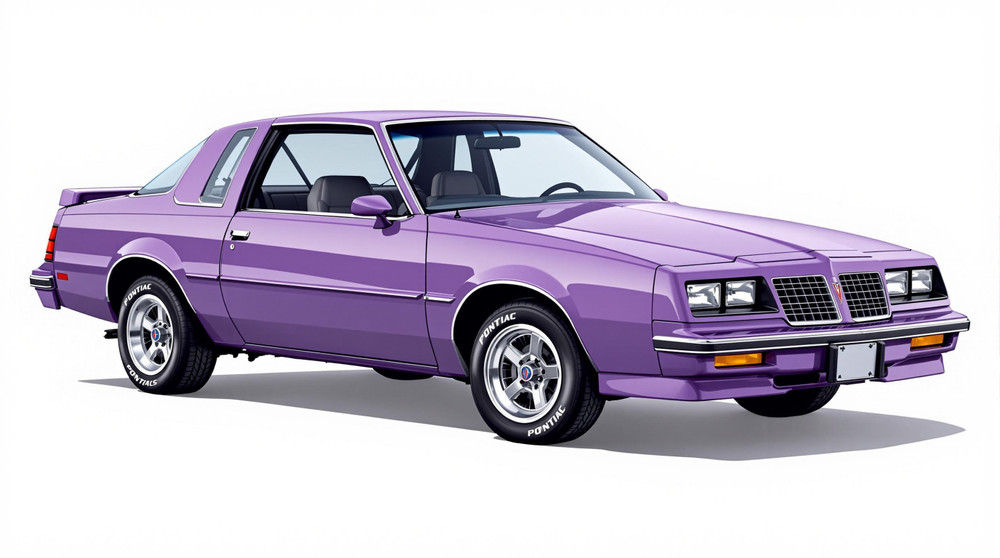Image of 1983 Pontiac J2000, Note: These illustrations use artistic license and may differ from actual historical models.
Performance Metrics
Fundamental Metrics
Emotional Appeal
MMP Rating
| Engine Specifications | |
|---|---|
| Engine Options: | 1.8L 4-cylinder, 2.0L 4-cylinder |
| Displacement Range: | 1.8L - 2.0L |
| Horsepower Range: | 84-88 hp |
| Torque: | 101-114 lb-ft |
| Compression Ratio: | 8.5:1 |
| Ignition System: | Electronic ignition (Transistorized) |
| Cooling System: | Liquid cooled |
| Performance Specifications | |
| 0-60 Time: | 14-16 seconds |
| 1/4 Mile Time: | 18-20 seconds |
| Top Speed: | 100-105 mph |
| Transmission and Drive | |
| Drive Type: | FWD (Front Wheel Drive) |
| Transmission Type: | 4-speed manual, 3-speed automatic |
| Fuel and Efficiency | |
| Fuel System Type: | Carburetor |
| MPG: | 24-28 mpg |
| Dimensions and Brakes | |
| Brakes: | Front disc, rear drum |
| Wheelbase: | 97.3 inches |
| Weight: | 2,400 lbs |
Note: Specifications for classic cars are given to the best of our ability, considering the limited and variant data available.
Rediscovering the 1983 Pontiac J2000: A Compact Icon
The 1983 Pontiac J2000 emerges from the annals of automotive history as a testament to American ingenuity during a time of transition. Born from the stables of General Motors, this compact car was Pontiac's answer to the fuel crises of the 1970s and the growing demand for efficient vehicles. The J2000, part of the wider J-body platform, was a vehicle that encapsulated the era's shift towards smaller, more economical cars. A notable moment in its history was its role in pioneering front-wheel drive within its class, setting a precedent for future models.
Design and Innovation
The exterior of the 1983 Pontiac J2000 boasted clean lines and a forward-leaning stance that hinted at both sportiness and practicality. The rectangular headlamps and chrome-accented grille were distinctive features that set it apart from its contemporaries. Inside, occupants were greeted with a straightforward yet comfortable cabin, with materials that reflected the economic considerations of the time. Technologically, it featured advancements such as an optional electronic fuel injection system—a rarity among compacts then.
Color options for the J2000 ranged from understated earth tones to bolder shades, with popular choices including Bright Red and Cameo White. Body styles included a two-door coupe, four-door sedan, five-door wagon, and even a convertible option later in its production cycle. The most iconic was arguably the sedan, which perfectly balanced utility with style.
Historical Significance
The J2000's impact on automotive design was subtle yet significant. It helped normalize front-wheel drive in North America, influencing countless models that followed. Its blend of affordability and efficiency resonated with consumers during a period where value for money was paramount.
Performance and Handling
Performance-wise, the 1983 Pontiac J2000 offered modest figures by today's standards but was competitive in its time. The top speed and acceleration (0-60 mph) were adequate for daily commuting needs. Handling was characterized by predictable front-wheel-drive dynamics, with sufficient comfort over bumps and stability on windy roads. Drivers often praised the car for its responsive steering and manageable power delivery.
Ownership Experience
The J2000 served many roles—from a reliable daily driver to an occasional show car for enthusiasts of 80s Americana. Maintenance was generally straightforward, thanks to the widespread availability of parts and shared components with other GM models. Reliability was on par for the era, though some owners reported electrical gremlins as common issues.
Fun Facts
The 1983 Pontiac J2000 may not have been known for breaking records or celebrity ownerships but did feature in various pop culture references indicative of its time. It also faced criticism for its somewhat lackluster performance compared to foreign competitors—a sign of the times for American automakers.
Collector's Information
Today, finding a 1983 Pontiac J2000 can be a rare feat with production numbers not as high as more mainstream models. While exact figures are elusive, it's estimated that tens of thousands were produced across all body styles. In terms of value, well-preserved examples could fetch anywhere from $2,000 to $5,000 depending on condition and originality—though appreciation is more sentimental than financial.
Conclusion
The 1983 Pontiac J2000 stands as an emblematic piece of automotive history—a reflection of changing times and evolving consumer preferences. While it may not have been hailed as revolutionary in its day, it represents an era where efficiency began to take center stage in American car design. For those who remember or seek to experience the essence of early 80s motoring culture, the J2000 is a charming relic worth preserving.
1983 Pontiac J2000 Catalog of Parts
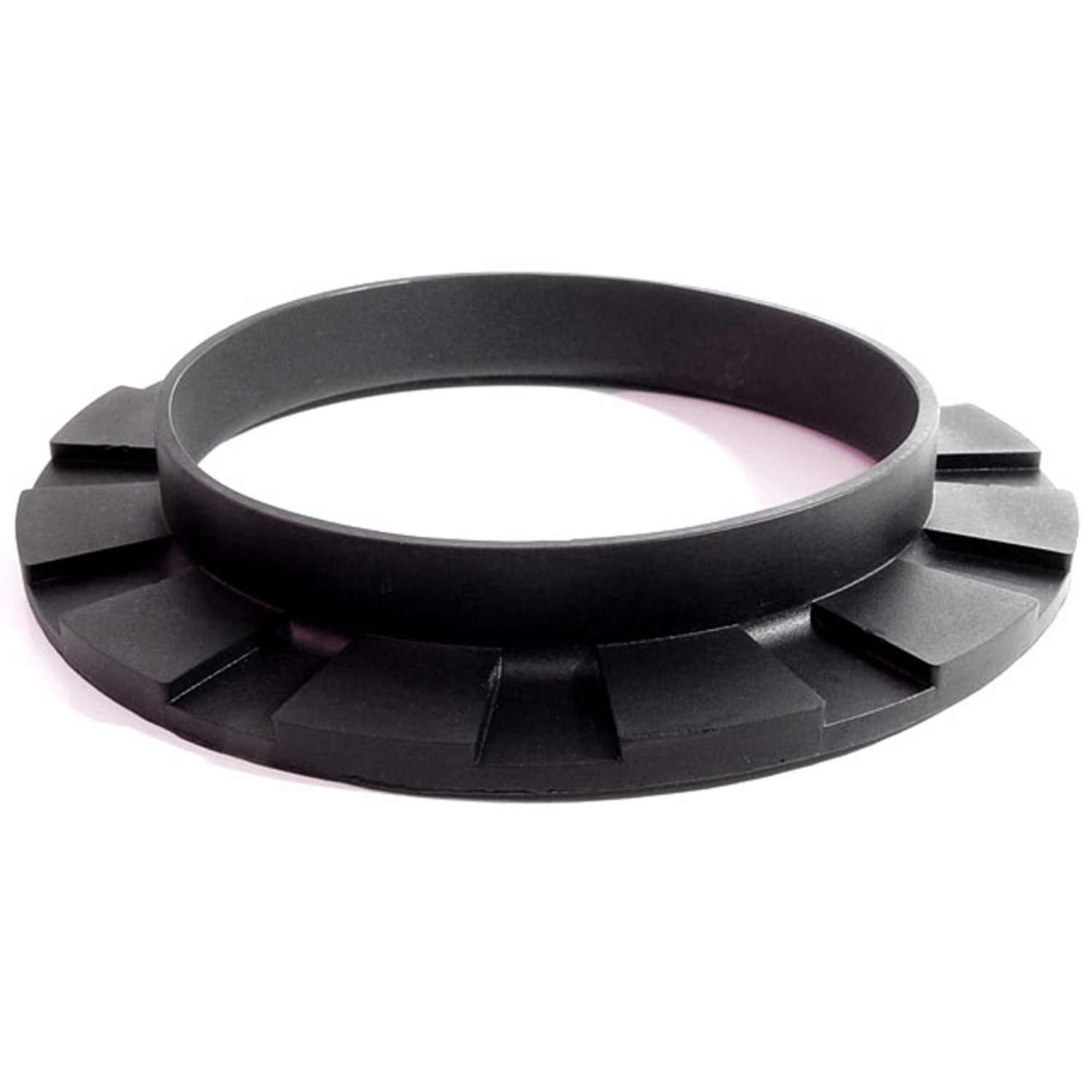 1983 Pontiac J2000 Front coil-spring insulator-BN 110Front coil-spring insulator. Fits '41-'60 Oldsmobile and '50-'83 GM passenger models. 5-3/8 in. OD x 3-3/4 in. ID x 3/4 in. high with 13/16 in. wide bottom flange 1/4" thick, 12 flutes. Each.
1983 Pontiac J2000 Front coil-spring insulator-BN 110Front coil-spring insulator. Fits '41-'60 Oldsmobile and '50-'83 GM passenger models. 5-3/8 in. OD x 3-3/4 in. ID x 3/4 in. high with 13/16 in. wide bottom flange 1/4" thick, 12 flutes. Each.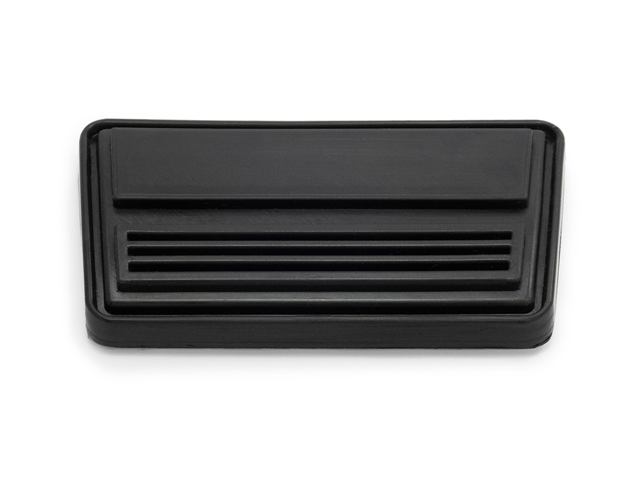 1983 Pontiac J2000 Automatic brake pedal pad fits '78-88 GM A, Spec A, G Body-CB 101-DCB 101-D replaces the automatic brake pedal pad on many 1978-1988 General Motors A, Spec A and G body models. Also fits many 1982-1991 GM J, L, N and P body models. 4-1/2" wide X 2-1/2" long. Each
1983 Pontiac J2000 Automatic brake pedal pad fits '78-88 GM A, Spec A, G Body-CB 101-DCB 101-D replaces the automatic brake pedal pad on many 1978-1988 General Motors A, Spec A and G body models. Also fits many 1982-1991 GM J, L, N and P body models. 4-1/2" wide X 2-1/2" long. Each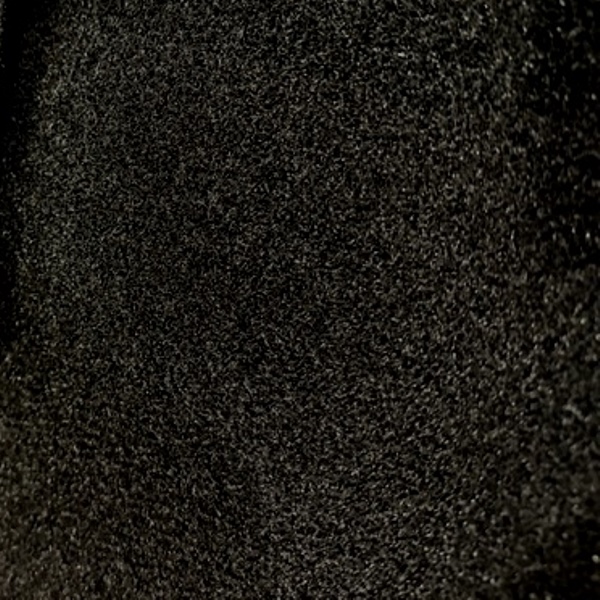 1983 Pontiac J2000 Trunk Liner. Loose weave, jet black. 50" wide-M 30Trunk Liner. Loose weave, jet black. 50" wide. Sold by the foot
1983 Pontiac J2000 Trunk Liner. Loose weave, jet black. 50" wide-M 30Trunk Liner. Loose weave, jet black. 50" wide. Sold by the foot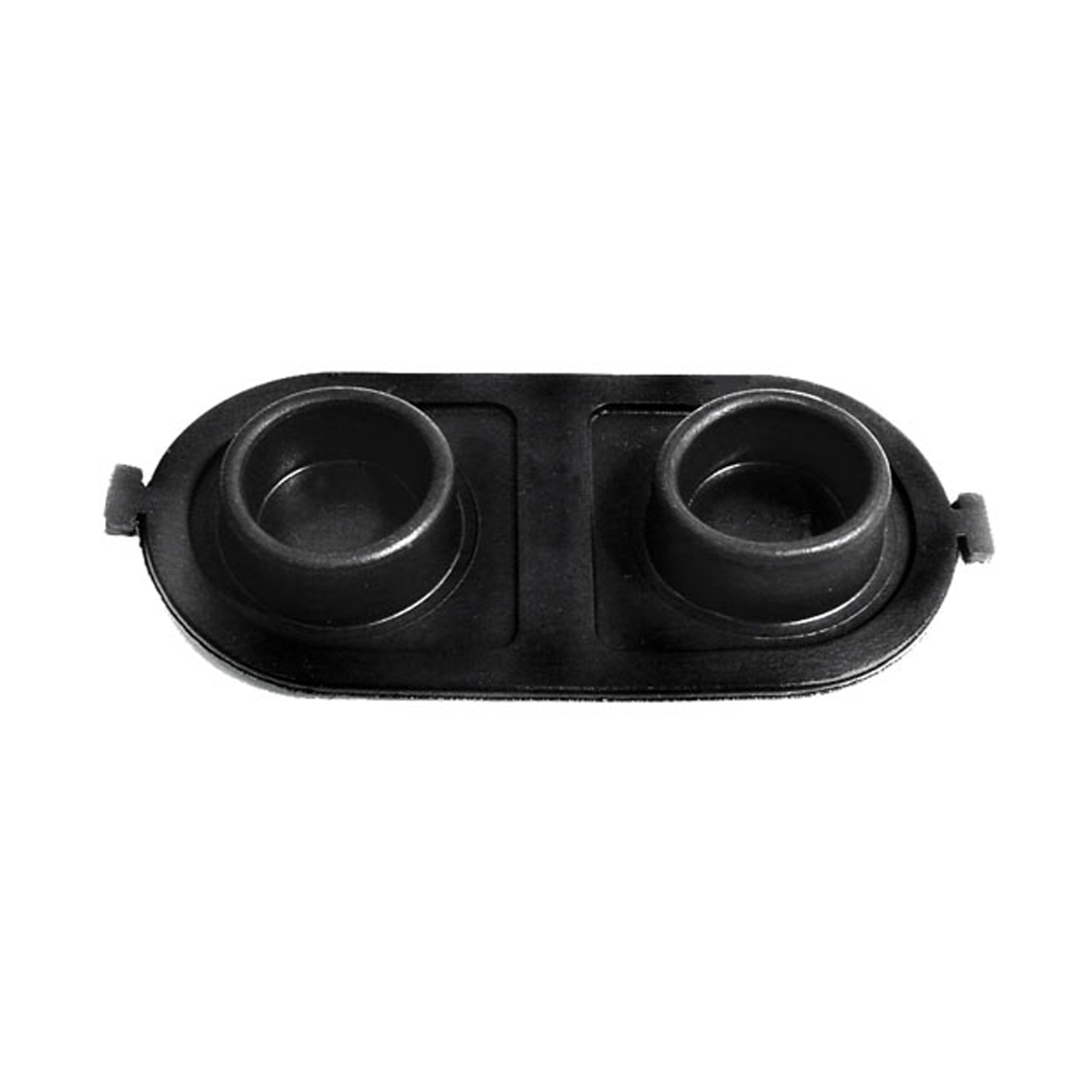 1983 Pontiac J2000 Brake Master Cylinder Cover Seal. Replaces OEM #5470861-RP 2-EBrake Master Cylinder Cover Seal. Replaces OEM #5470861. 5" X 2-1/2". Each
1983 Pontiac J2000 Brake Master Cylinder Cover Seal. Replaces OEM #5470861-RP 2-EBrake Master Cylinder Cover Seal. Replaces OEM #5470861. 5" X 2-1/2". Each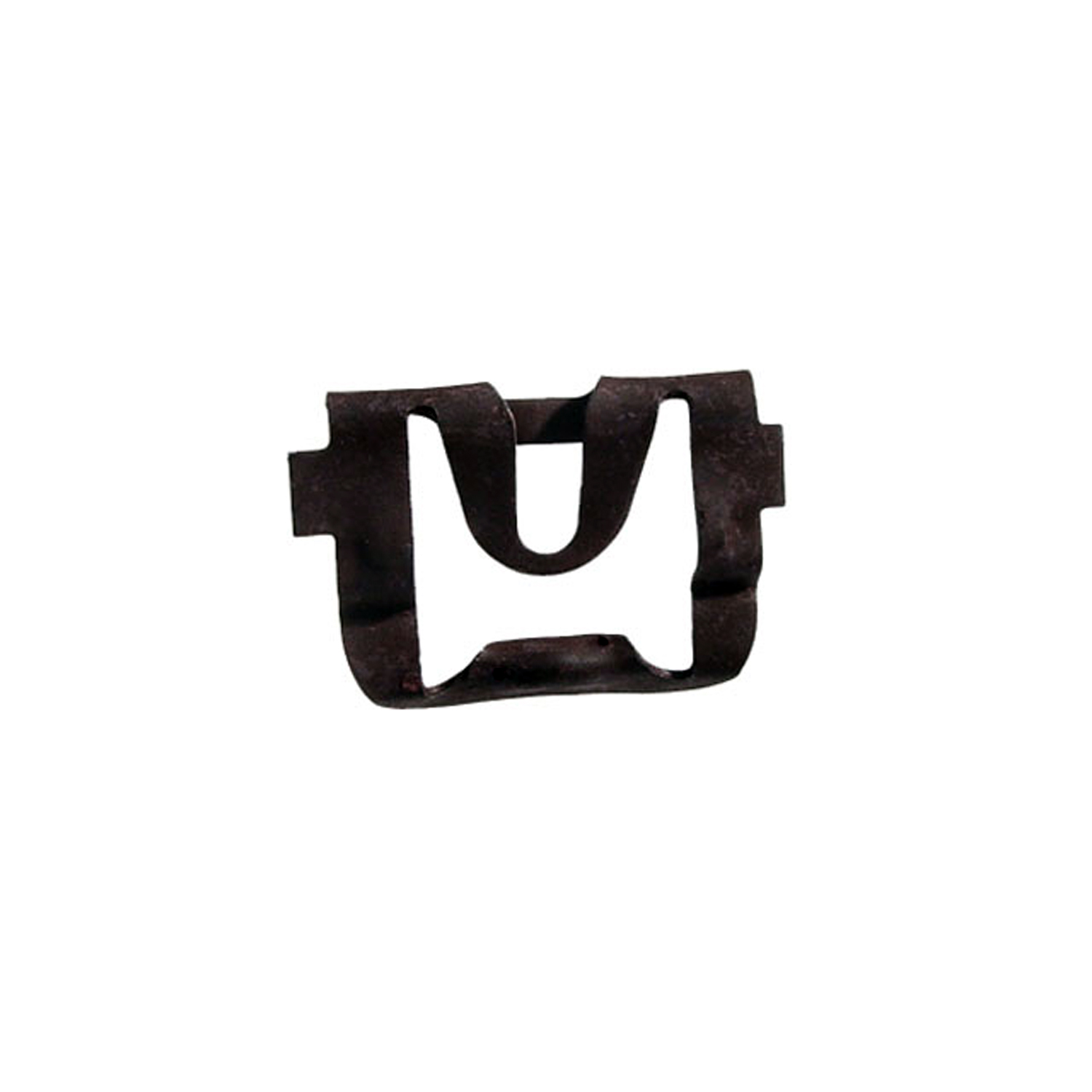 1983 Pontiac J2000 Rear Windshield Reveal Molding Clip. Made of steel-WF 211Rear Windshield Reveal Molding Clip. Made of steel. 15/16" X 3/4". Each
1983 Pontiac J2000 Rear Windshield Reveal Molding Clip. Made of steel-WF 211Rear Windshield Reveal Molding Clip. Made of steel. 15/16" X 3/4". Each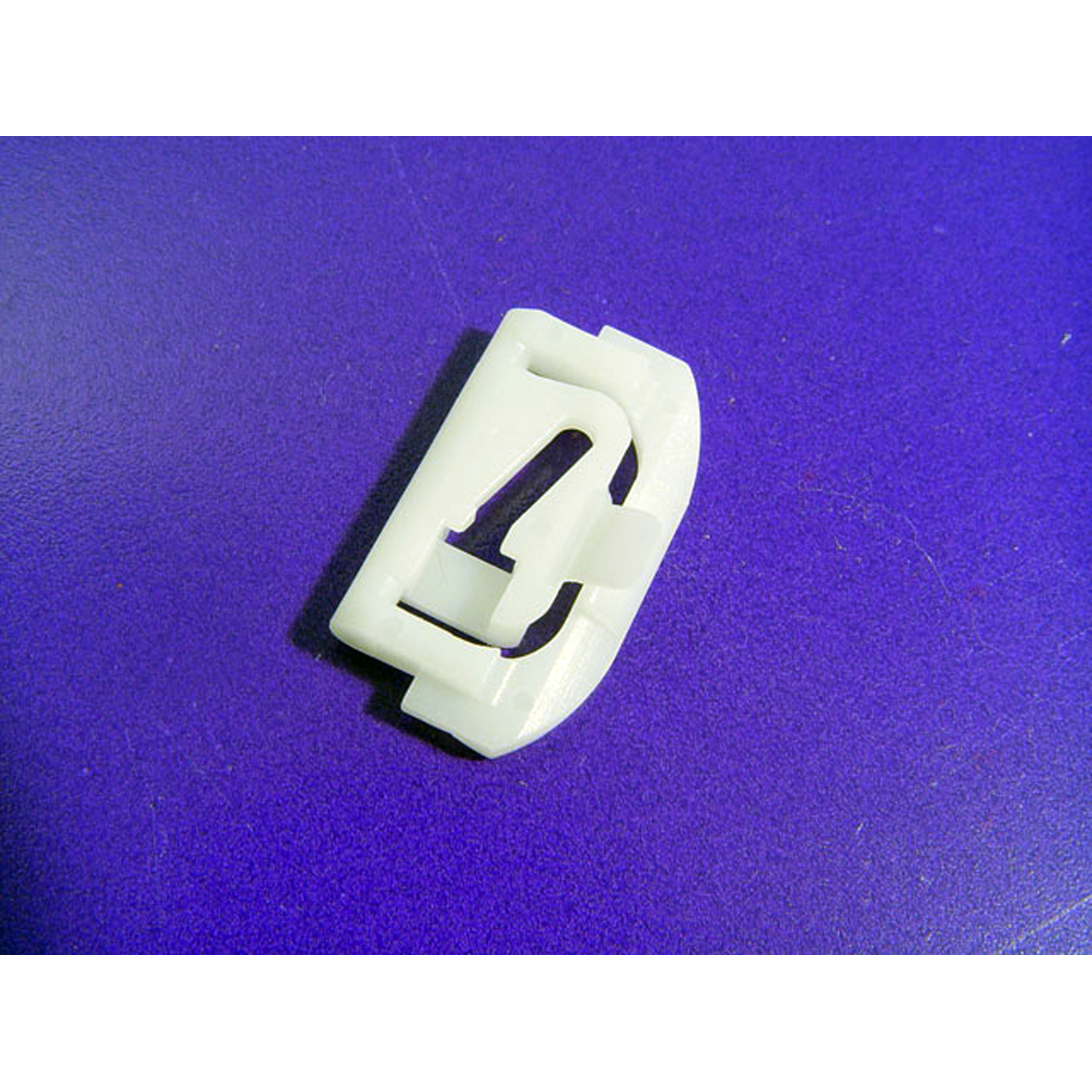 1983 Pontiac J2000 Lower Side Window Reveal Molding Clip. Made of nylon-WF 214Lower Side Window Reveal Molding Clip. Made of nylon. 1-1/4" x 3/4". Each
1983 Pontiac J2000 Lower Side Window Reveal Molding Clip. Made of nylon-WF 214Lower Side Window Reveal Molding Clip. Made of nylon. 1-1/4" x 3/4". EachWhy Choose Metro?
For over 100 years, Metro Moulded Parts has been the pinnacle of quality in classic car restoration parts. Our commitment to precision and authenticity in every component ensures a perfect fit and an OEM-level appearance.
- Expert Craftsmanship & Quality: Each part is a testament to our dedication to reliability and perfection, crafted from original designs and thoroughly tested.
- Advanced Technology: We use cutting-edge techniques to create flawless, long-lasting parts that surpass others in performance.
- SuperSoft Sponge – The Ultimate Door Seal: Not only are our door seals 30% softer than competitors', but they're also guaranteed to never leak. They effectively reduce wind and road noise, enhancing your classic car's comfort and driving experience.
- Proudly American: Our parts are a product of American craftsmanship, made in the USA with a spirit of excellence and heritage.
- Unrivaled Warranty: We back our products with a 30-year industry-leading warranty, a testament to our confidence in their quality.
Join us in preserving the legacy of classic cars with parts that are crafted for perfection, not just made.

